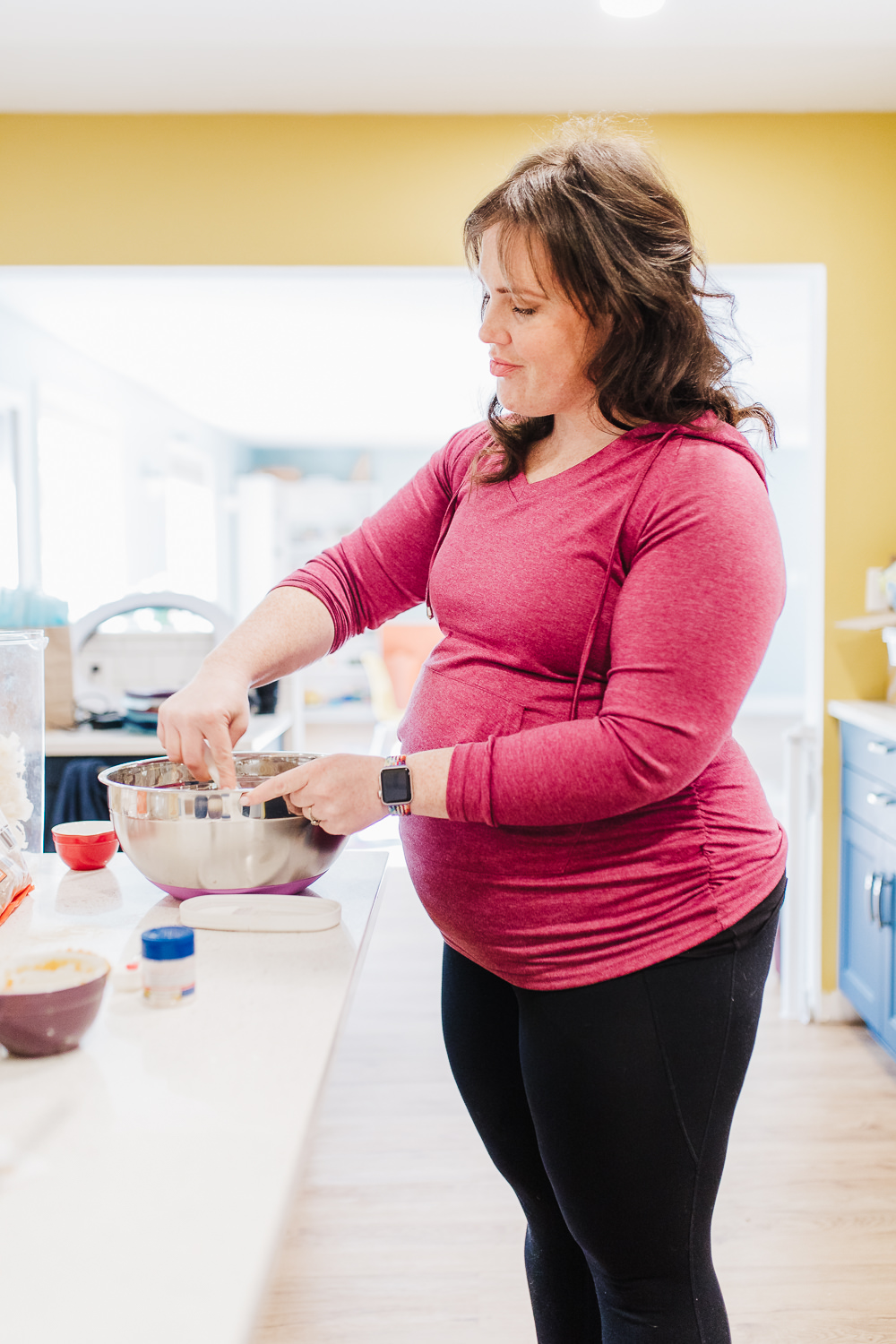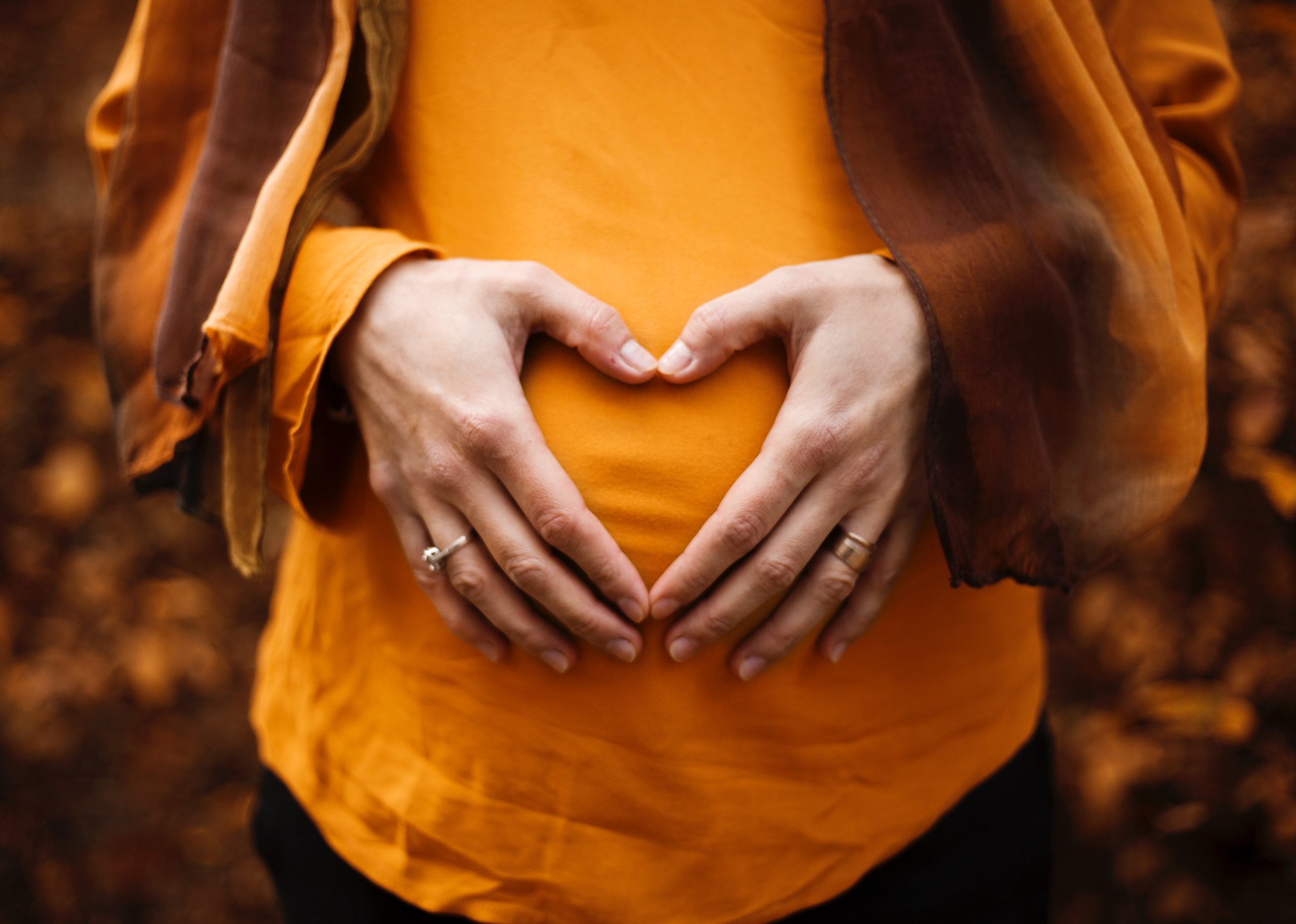Programs
Blog
About
PRegnant
LifeStyle
Postpartum
EXPECTING A BABY IN THE NEXT FEW MONTHS?
DOWNLOAD MY FREE POSTPARTUM ESSENTIALS CHECKLIST
Hi, I'm Liz!
I'm a chocolate-loving nutritionist,
pre & postnatal coach, doula and let's face it- total birth nerd 🤓.
I'm here to help you cut through mommy-marketing and pinterest perfection to confidently cultivate a pregnancy and postpartum experience you totally love.
Let's Connect
RECIPES
BREAKfast
beverages
main dish
dips & Dressings
salads & Sides
snacks
soups
treats
instant pot
one dish meals
quick meals
Pregnancy
Birth Planning
FIrst Trimester
Second Trimester
THird Trimester
Postpartum
Postpartum Planning
FOurth Trimester
REcovery
wellbeing
Fitness
Pregnancy Loss
Understanding Loss
Recovery After Loss
Friends & Family SUpport
PArent Life
Pregnant?
Check out the
5 core exercises you need to know!
Take the stress off your plate! Download
Meals Made Simple!
i need this!
Yes Please!
shop SAfer at beautycounter
Get the BEst Non-toxic Deodorant!
FItness
Nutrition
Nutrition
Grief & wellbeing
Pregnancy After Loss
Understanding Loss
Recovery After Loss
Friends & Family SUpport
Grief & wellbeing
Pregnancy After Loss
Understanding Loss
Recovery After Loss
infant & Toddler Feeding
Grief & wellbeing
Pregnancy After Loss
Newborn Care
Family Dynamics
PArent Relationships
lactation
Pregnancy After Loss
Understanding Pregnancy Loss: Causes, Types, and Answers
No one likes to talk abut pregnancy loss, but it’s something that impacts many people. Approximately 1 in 4 pregnancies end in loss and 1 in 160 pregnancies end in stillbirth. With those statistics, it is highly likely that you or someone close to you has experienced pregnancy loss. You may be left with lots of questions like: Why did this happen? What is the difference between still birth or miscarriage? Can you get pregnant again? and more. Understanding pregnancy loss can help answer these questions and help you find the support that feels best.
Causes of Pregnancy Loss
Pregnancy loss can happen for a variety of reasons. If you’ve experienced loss, please remember that it is not your fault, and you did nothing wrong. In fact, most miscarriages occur because of genetic abnormalities in the embryo or fetus, which happen randomly and are beyond our control.
Other factors that can contribute to pregnancy loss include:
Hormonal imbalances: Changes in hormone levels can affect the development of the pregnancy.
Infections: Certain infections, such as sexually transmitted infections or urinary tract infections, can increase the risk of miscarriage.
Chronic health conditions: Conditions like uncontrolled diabetes or thyroid disorders may increase the likelihood of pregnancy loss.
Lifestyle factors: Smoking, substance abuse, excessive caffeine intake, and certain medications may also play a role.
Types of Pregnancy Loss
Understanding the different types of pregnancy loss can help you support your loved one (or get the support you need) Miscarriage can be classified into different types based on when they occur:
Chemical pregnancy:
This refers to a very early miscarriage that happens shortly after implantation. It’s so early that some people may not even realize they were pregnant. When it comes to pregnancy loss, one type that often goes unnoticed is a chemical pregnancy. According to the American Pregnancy Association, chemical pregnancies are believed to account for 50-75% of all miscarriages. (1)
Early pregnancy loss
This occurs within the first 12 weeks of pregnancy and is the most common type. It can happen for a variety of reasons, often due to genetic abnormalities. In fact, it’s estimated that 50-70% of all early pregnancy losses are due to genetic issues. (2) Other causes can include hormonal imbalances, infections, chronic health conditions, and even lifestyle factors like smoking or substance abuse.
Late pregnancy loss
Also referred to as stillbirth, this is the loss of a pregnancy after 20 weeks. While it occurs less frequently than early pregnancy loss, it is an incredibly devastating experience for expecting parents. According to the American College of Obstetricians and Gynecologists (ACOG), about 1 in 167 pregnancies end in stillbirth. (3). Causes can vary and may include placental problems, congenital abnormalities, infections, and complications related to the pregnant person’s health. Please note, that sometimes there isn’t an obvious answer. One study, found that 60% of stillbirths couldn’t be explained. (4)
Answers and Support
If you’ve experienced a pregnancy loss, please know you are not alone. It’s completely normal to feel a range of emotions, from sadness and grief to anger and confusion. Reach out to your partner, friends, or a support group to talk about your feelings and find solace in shared experiences.
While pregnancy loss can be heartbreaking, there is hope. Most people who have experienced a miscarriage go on to have a healthy pregnancy in the future. However, it’s important to give yourself time to heal emotionally and physically before trying again.
If you’re concerned about recurrent miscarriages, it may be helpful to consult with a healthcare professional. They can run tests to identify any underlying conditions and offer guidance tailored to your situation.
If you’re looking for more support understanding pregnancy loss and what to do now, I have a guide created especially for you all about postpartum recovery after loss. If you’re supporting someone through pregnancy loss and aren’t sure how to help, please check out my guide for friends and family.
Remember, my friend, you are strong, and your journey to parenthood may have a few bumps along the way. Trust yourself, take time to heal, and know that there are people who care and understand what you’re going through.
- American Pregnancy Association. (2019). Miscarriage. Retrieved from https://americanpregnancy.org/pregnancy-complications/chemical-pregnancy/
- Gupta, S., and Harlev, A. (2018). Recurrent Pregnancy Loss. Retrieved from https://www.ncbi.nlm.nih.gov/books/NBK532275/
- American College of Obstetricians and Gynecologists. (2020). Stillbirth. Retrieved from https://www.acog.org/womens-health/faqs/stillbirth
- https://www.tommys.org/baby-loss-support/stillbirth-information-and-support/stillbirth-statistics#:~:text=According%20to%20one%20study%20of,parents%20why%20their%20baby%20died.
Related
October 9, 2023
Liz Winters
The post may contain affiliate links and the site may earn a commission on some products.
Every item on this page is chosen and recommended by the LWW team.
Read more about our Affiliate Disclosure here.
Holiday hits
Don’t miss these!
Want to add a little ease to your routine as a parent?
Get all my favorite tips, tricks and recipes delivered straight to your inbox.
start here
blog
work with liz
programs
non-toxic living
podcast
contact
© 2021 LIZ WINTERS WELLNESS // WEBSITE BY PINEGATE ROAD
Terms & Conditions
start here
blog
work with liz
PROGRAMS
non-toxic living
podcast
contact
© 2021 LIZ WINTERS WELLNESS // WEBSITE BY PINEGATE ROAD
Terms & Conditions
BADASS Birther's Club
Postpartum Recovery After Pregnancy Loss
How to Support Loved Ones After Loss
start here
blog
work with liz
PROGRAMS
non-toxic living
podcast
contact
© 2021 LIZ WINTERS WELLNESS // WEBSITE BY PINEGATE ROAD
Terms & Conditions
Pregnant
Postpartum




